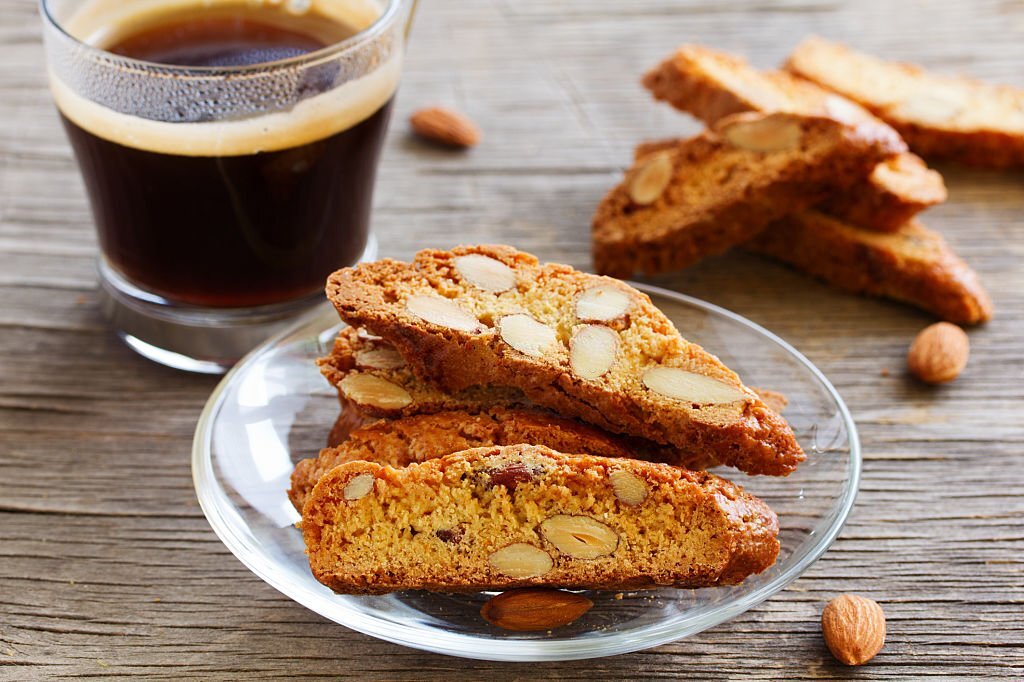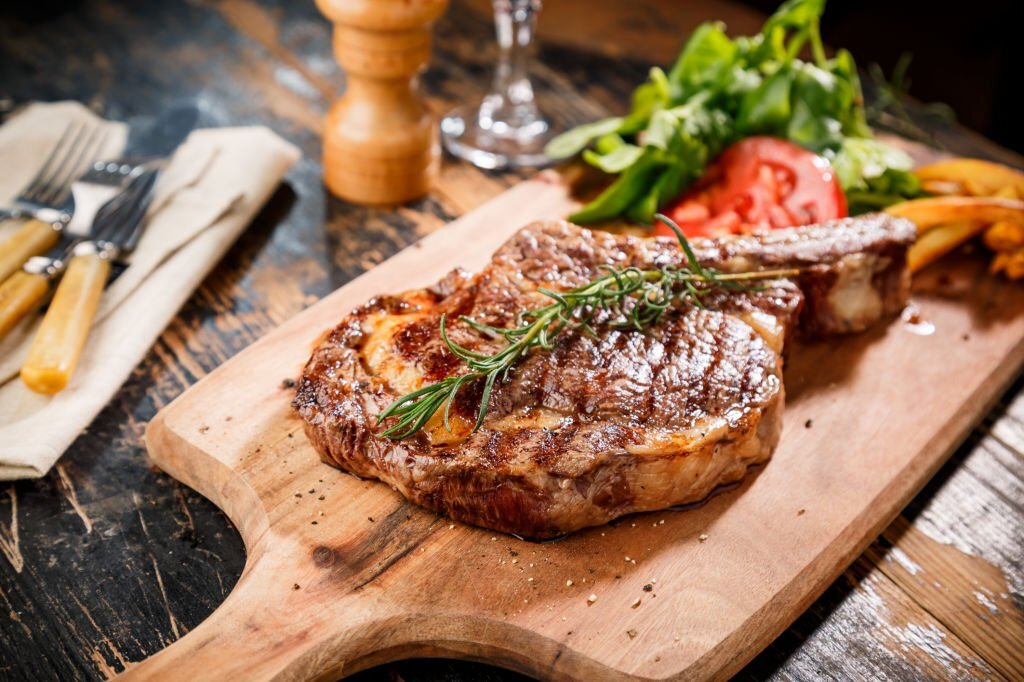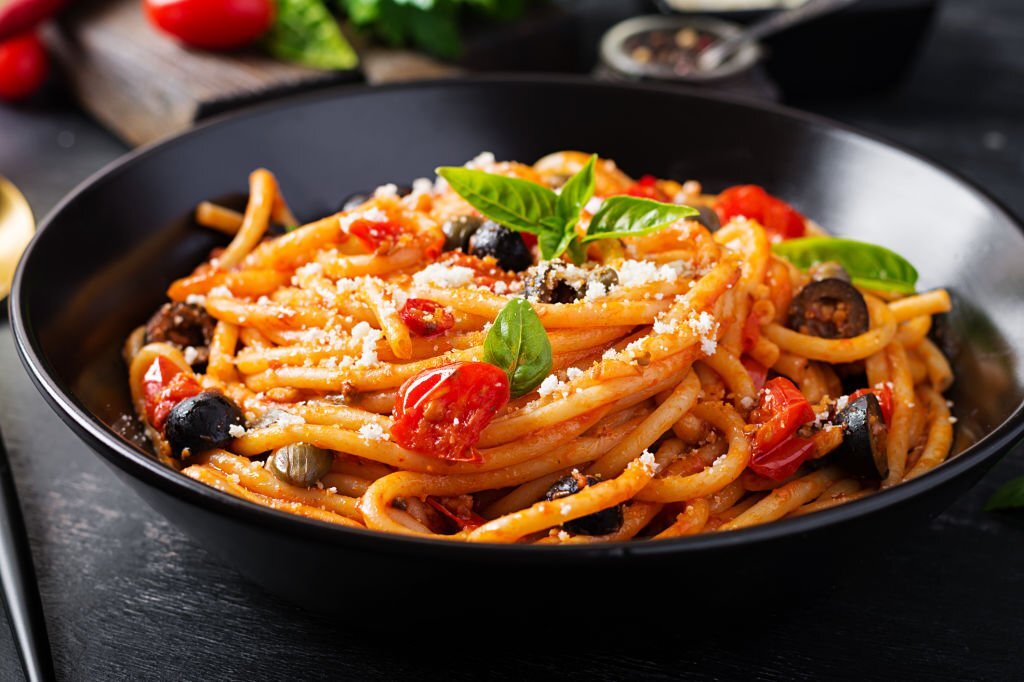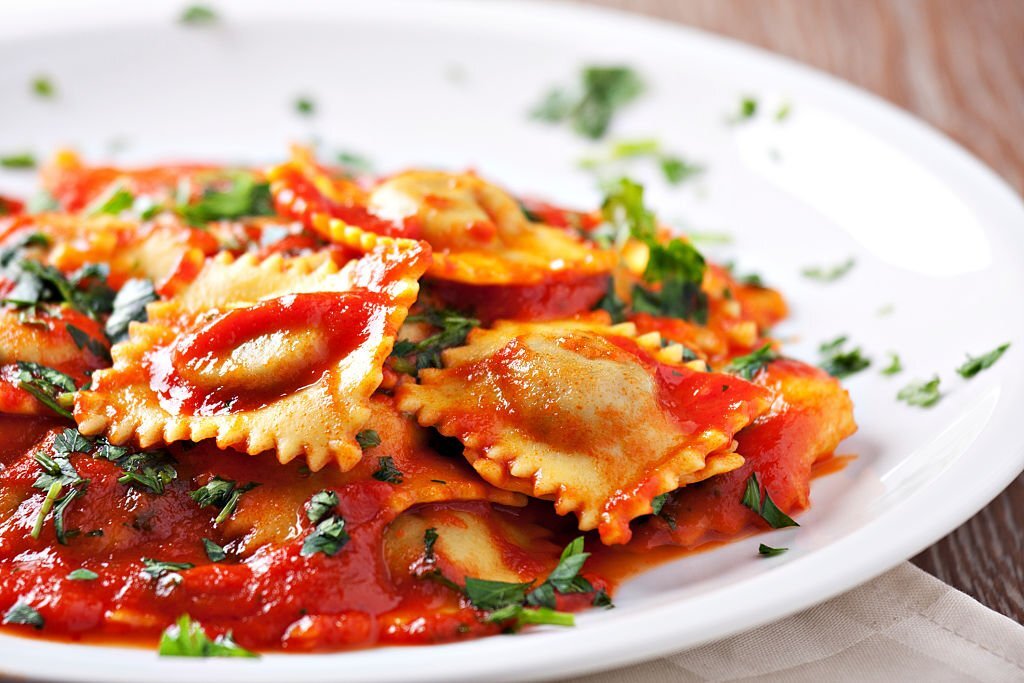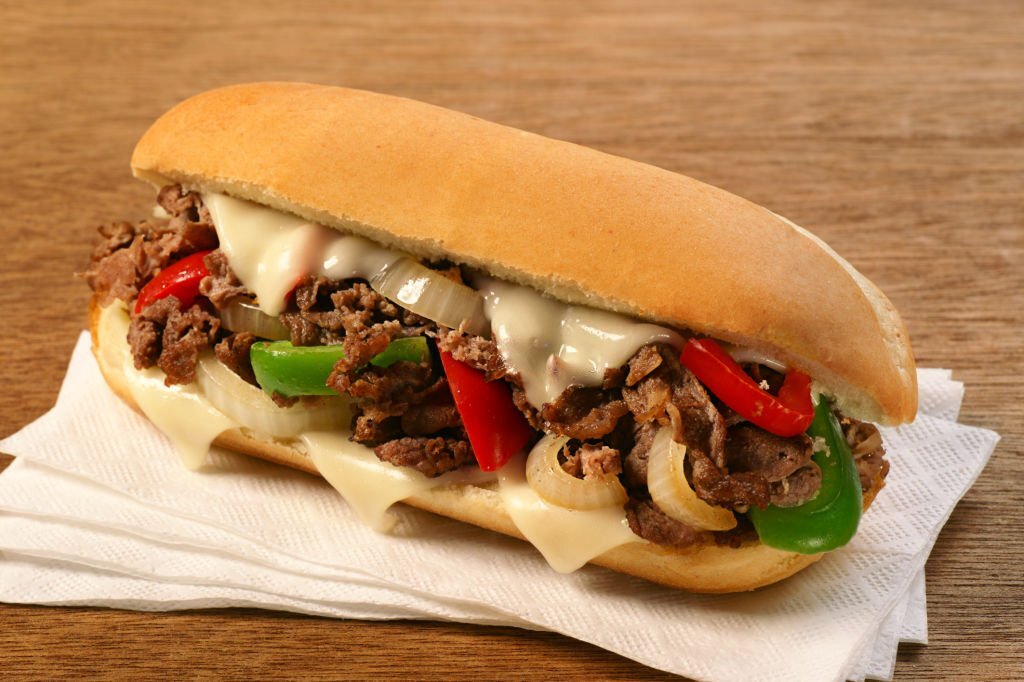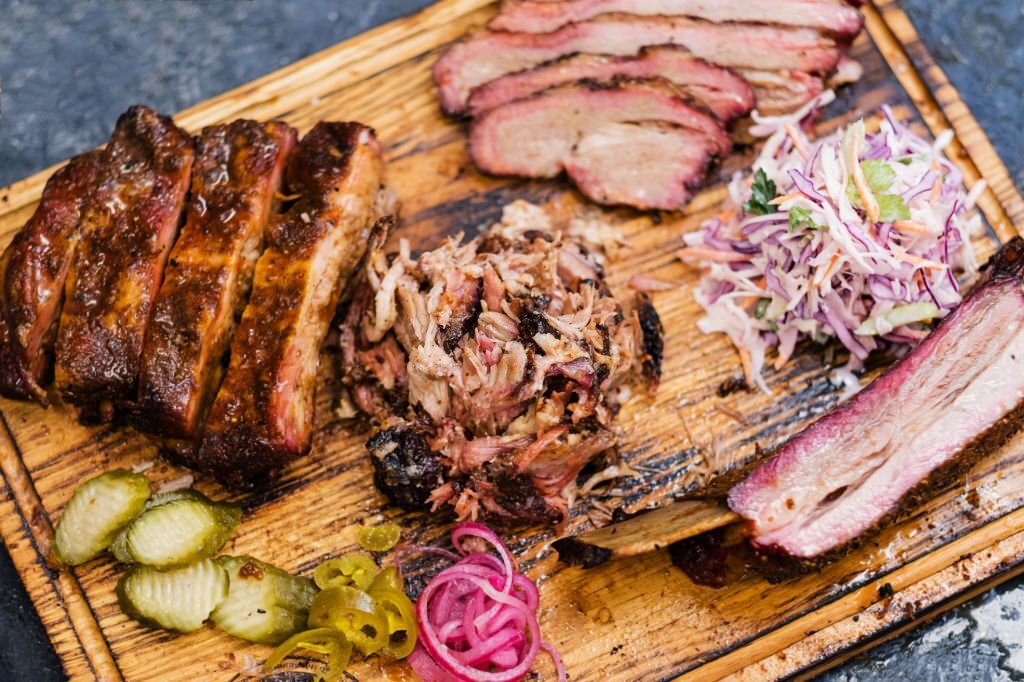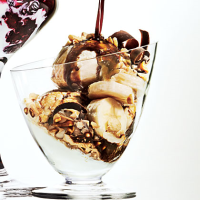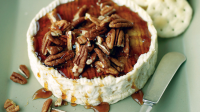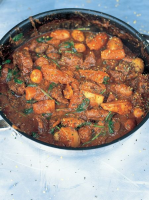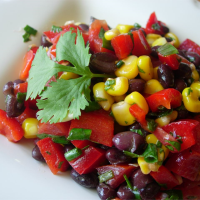More about "is excess protein stored as fat recipes"
IS EXCESS PROTEIN STORED AS FAT? - DOTFIT
Excess of any food is stored as fat if your total calories (combination of protein, fats & carbs) exceed your body's needs to maintain its weight. In other words, anytime your body receives more calories, from any food form, than it burns in any given time period (e.g. day, week, etc), the excess calories will be stored as body weight/fat.
From dotfit.com
From dotfit.com
See details
CAN PROTEIN TURN INTO FAT? | LIVESTRONG.COM
Ms. Campbell divides her time between the United States and Argentina. Excess protein is used for energy or stored as fat. Just as often as carbohydrates and fat are shunned in the name of weight loss, protein is turned to as a sure-fire way to keep off excess pounds.
From livestrong.com
From livestrong.com
See details
WILL PROTEIN BE STORED AS FAT? | EVERYTHINGWHAT.COM
"Protein has calories, so if you eat a little too much, and don't exercise, it can get stored as fat." In addition to heart disease, studies suggest that eating high amounts of protein can contribute to high cholesterol levels, gout and may put a strain on the kidneys, especially those who suffer from kidney disease.
From howoldisozma.intangiblesofleadership.com
From howoldisozma.intangiblesofleadership.com
See details
DOES TOO MUCH PROTEIN MAKE YOU FAT? | MEN'S JOURNAL
Apr 18, 2017 · So to be clear: Yes, your body can transform the calories from excess protein into fat. However, no study has conclusively shown how much protein you can eat before your body starts changing that...
From mensjournal.com
From mensjournal.com
See details
EXCESS PROTEIN STORED AS FAT?!?!! - BODYBUILDING.COM FORUMS
Nov 13, 2013 · For these purposes a calorie is a calorie. Protein can not get magically stores as fat if u eat below maintenance any more than carbs can. Carbs, fat, and protein will not be stored if one eats below maintanence. If one eats below maintanence, the body will be forced to tap its energy stores.
From forum.bodybuilding.com
From forum.bodybuilding.com
See details
CAN PROTEIN BE CONVERTED TO BODY FAT? | LIVESTRONG.COM
While protein offers a number of benefits when consumed in adequate amounts, excess calories from protein are converted to body fat. If you're trying to minimize the accumulation of body fat, you need to pay attention to your overall calorie intake, not just protein.
From livestrong.com
From livestrong.com
See details
CAN EXCESS PROTEIN BE STORED AS BODY FAT? : FITNESS
The takeaway should be that excess protein will rarely be converted to fat and stored, but can still contribute to fat gain indirectly. When protein intake exceeds protein requirements, protein starts getting oxidized for energy, and fat oxidation goes down, so more dietary fat gets stored. Same thing with carbs. Lyle McDonald explains it better IMO in his articles Excess Protein and Fat Storage and How We Get Fat.
From reddit.com
From reddit.com
See details
WHAT HAPPENS TO YOUR BODY WHEN YOU EAT TOO MUCH PROTEIN
Sep 17, 2020 · When you take in more protein than your body needs—many experts say that 30 grams is the max your body can handle per meal—the extra protein will likely be stored as fat, while the excess amino acids will simply be excreted.
From eatthis.com
From eatthis.com
See details
HIGH PROTEIN DIET: DID YOU KNOW- EXCESS PROTEIN GETS ...
Jan 18, 2021 · Excessive protein intake can get stored in your body as fat, informs Makhija. "Also, the amino acids from protein breakdown puts extra pressure on kidneys. This can result in poor kidney function ...
From ndtv.com
From ndtv.com
See details
WHAT HAPPENS IF YOU EAT TOO MUCH PROTEIN?
Apr 13, 2020 · Excess protein consumed is usually stored as fat, while the surplus of amino acids is excreted. This can lead to weight gain over time, especially if you consume too many calories while trying to ...
From healthline.com
From healthline.com
See details
WHEN IT COMES TO PROTEIN, HOW MUCH IS TOO MUCH? - HARVARD ...
Mar 30, 2020 · A weight-based recommended daily allowance (RDA) of 0.8 grams per kilogram of body weight. For a 140-pound person, that comes to 51 grams of protein each day. (You can convert your body weight from pounds to kilograms by dividing by 2.2; so, 140 pounds is 64 kg; multiplying this by 0.8 equals 51).
From health.harvard.edu
From health.harvard.edu
See details
PROTEIN AND KETOSIS: IS TOO MUCH PROTEIN KETO-FRIENDLY?
Dec 20, 2019 · Assume your goal is to eat 150 grams of protein per day and 30 grams of carbohydrates with a 2,100 daily calorie allowance. 150g protein x 4 = 600 calories. 30g carbs x 4 = 120 calories. 2,100 – (600 + 120) = 1,280 calories. To find your fat intake = 1,280 / 9 = 142g of fat.
From perfectketo.com
From perfectketo.com
See details
WHAT’S THE KETO DIET ALL ABOUT? | HEALTH IS POWER FOUNDATION
Nov 08, 2016 · Be sure, however, that you don’t overindulge on fatty foods. if you take in more than your body needs, the excess will be stored as body fat. Protein for Muscle. The body uses protein for muscle building and cell repair. While on the keto diet, you need to eat enough protein to maintain your lean body weight.
From kmac.online
From kmac.online
See details
ADVERSE EFFECTS ASSOCIATED WITH PROTEIN INTAKE ABOVE THE ...
Jul 18, 2013 · 2. Disorders of Bone and Calcium Homeostasis. Diet which is high in protein generates a large amount of acid in body fluids [].The kidneys respond to this dietary acid challenge with net acid excretion, and, concurrently, the skeleton supplies buffer by active resorption of bone resulting in excessive calcium loss [].Moreover, acid loading directly inhibits renal calcium reabsorption leading ...
From ncbi.nlm.nih.gov
From ncbi.nlm.nih.gov
See details
DO WE STORE PROTEIN? | HEALTHY EATING | SF GATE
Dec 17, 2018 · Human beings aren't able to store protein, for the most part. The human body can break down its muscle tissue to get certain amino acids, or the building blocks of protein, but it has no specialized cells to store protein efficiently, as it does fat and carbohydrate. For this reason, eating protein regularly is of paramount importance.
From healthyeating.sfgate.com
From healthyeating.sfgate.com
See details
HOW TO RENDER FAT AND WHY | AUGUSTUS RANCH – AUGUSTUS ...
Nov 14, 2018 · Rendering fat means we are taking raw fat (beef and pork in this recipe) and making it shelf stable by evaporating the moisture (water) which would otherwise limit the shelf life. Water is one of the components that bacteria needs to survive and multiply, so by removing the water, we are making it safer to store.
From augustusranch.com
From augustusranch.com
See details
RECIPES - CHARLIE FOUNDATION
In a homeostatic state, the body utilizes fat and carbs for energy production, while it uses protein to rebuild the cells of our body. While this is generally the case, an overconsumption of protein can lead the body to break down the excess protein into glucose, preventing the state of ketosis.
From charliefoundation.org
From charliefoundation.org
See details
UNDERSTANDING KETO MACRO FUNDAMENTALS ... - RECIPES
Oct 30, 2020 · Whether carbs or fat will be stored as fat depends on the content of your diet. As an example, if you were to eat absolutely no carbs at all, yet consume so much fat that you were in a calorie excess, then you would store that fat as fat. The fat didn’t make you fat, your excess energy intake did. The same holds true if you were to eat a ...
From ruled.me
From ruled.me
See details
BUILDING, BURNING, AND STORING: HOW CELLS USE FOOD
Muscle (the closest thing we have to a storage form of protein) holds water too: 100 grams of 95% lean ground beef contains just 21 grams of protein. Stored in tissue, one pound (454 grams) of fat holds about 4,100 calories, which is about 2 days' worth of energy. A pound of hydrated glycogen holds just 680 calories.
From learn.genetics.utah.edu
From learn.genetics.utah.edu
See details
6 SIGNS YOU MAY BE EATING TOO MUCH PROTEIN - NDTV FOOD
Sep 13, 2021 · For excess protein intake you can switch to low fat milk, egg whites and plant based proteins like beans, lentils and tofu among others. Excess consumption of proteins can increase bad cholesterol So, if you have been experiencing any of these indications, there is a possibility of you overdosing yourself with proteins.
From food.ndtv.com
From food.ndtv.com
See details
EFFECT OF DIETARY PROTEIN CONTENT ON WEIGHT GAIN, ENERGY ...
Body fat increased similarly in all 3 protein diet groups and represented 50% to more than 90% of the excess stored calories. Resting energy expenditure, total energy expenditure, and body protein did not increase during overfeeding with the low protein diet. In contrast, resting energy expenditure (normal protein diet: 160 kcal/d [95% CI, 102 ...
From pubmed.ncbi.nlm.nih.gov
From pubmed.ncbi.nlm.nih.gov
See details





